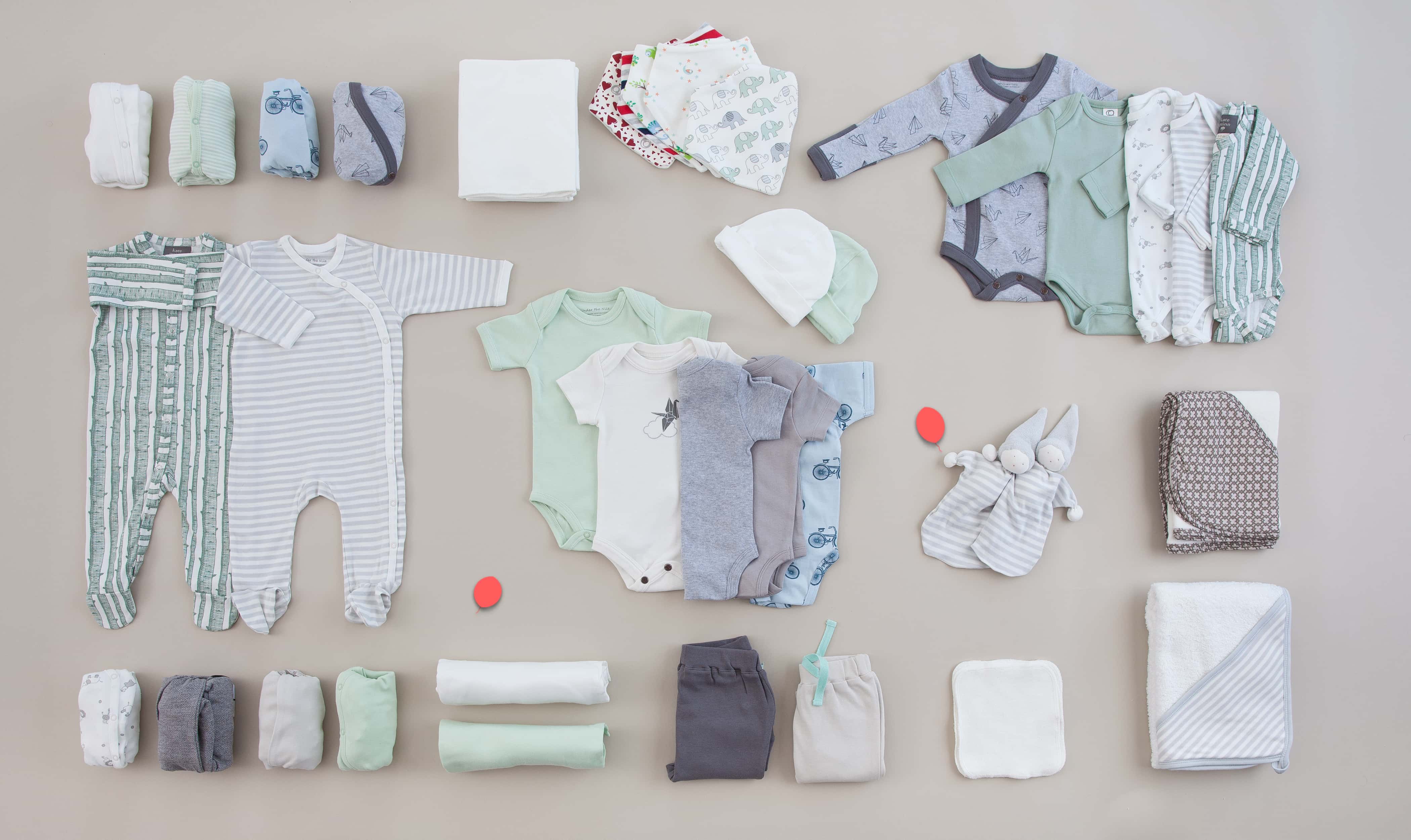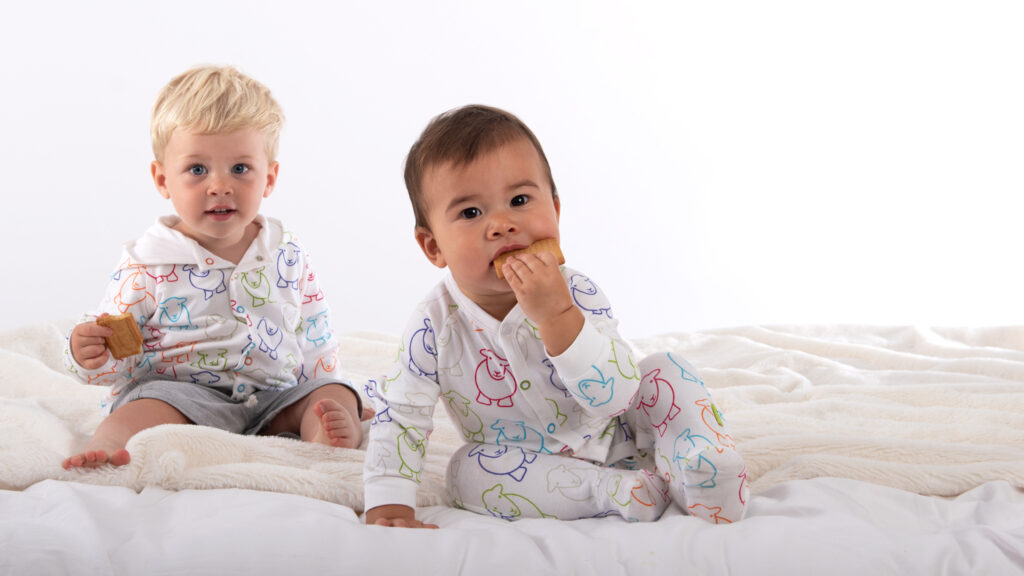Uncategorized
Why Organic Cotton is the Best Choice for Kids’ Clothes
When it comes to dressing your little ones, comfort, safety, and sustainability are top priorities for parents. As the demand for eco-friendly products grows, more families are turning to organic cotton as the go-to fabric for kids’ clothing. Organic cotton is not only a healthier and safer choice for your child, but it also provides numerous benefits for the environment. In this article, we’ll explore why organic cotton is the best option for kids’ clothes and why it’s worth making the switch.
What is Organic Cotton?
Organic cotton is grown without the use of synthetic pesticides, herbicides, or fertilizers. Instead, organic farming methods emphasize the use of natural materials and sustainable practices. Organic cotton is certified by various organizations, ensuring that it meets specific environmental and ethical standards. This process creates a cleaner, healthier fabric for your child and reduces the overall environmental impact of cotton farming.
1. Gentle on Your Child’s Skin
One of the main reasons organic cotton is the best choice for kids’ clothes is its softness and gentleness on the skin. Children, especially babies and toddlers, have sensitive skin that can easily react to harsh chemicals found in conventionally grown cotton. Conventional cotton farming involves the use of toxic pesticides and chemicals that can linger on the fabric, potentially causing irritation or allergic reactions.
Organic cotton, on the other hand, is free from these harmful chemicals, making it a much safer option for your child’s delicate skin. The fabric is naturally soft and breathable, providing comfort without the risk of skin irritation. This is particularly important for kids with sensitive skin conditions, such as eczema, as organic cotton reduces the likelihood of flare-ups caused by chemical residues.

2. Environmentally Friendly
Organic cotton farming is far better for the environment compared to conventional cotton farming. Traditional cotton farming relies heavily on synthetic chemicals, which can seep into the soil and water, causing long-term environmental damage. These chemicals can harm wildlife, pollute rivers, and degrade the health of the soil.
By choosing organic cotton, you are supporting farming methods that promote soil health, conserve water, and reduce pollution. Organic cotton is grown without harmful pesticides, which means that surrounding ecosystems are not exposed to toxic chemicals. Additionally, organic farming practices prioritize crop rotation and composting, which helps maintain soil fertility and biodiversity.

3. Sustainable and Ethical Farming Practices
Organic cotton is typically produced by farmers who adhere to sustainable and ethical farming practices. These farmers are committed to creating healthier working conditions for themselves and their employees. In contrast to conventional cotton farming, which often involves the use of harmful chemicals that pose a risk to the health of farmworkers, organic cotton farming prioritizes safer and more environmentally friendly methods.
By choosing organic cotton clothes for your children, you are supporting fair labor practices and ethical production standards. Many organic cotton producers also focus on creating a positive social impact by providing fair wages and improving the living conditions of farm communities.

4. Breathability and Comfort
Organic cotton is naturally more breathable than its conventional counterpart. This is important because children tend to be more active and generate more body heat. Breathable fabrics like organic cotton help regulate body temperature, preventing kids from getting too hot or sweaty during playtime. The lightweight nature of organic cotton allows air to circulate, keeping your child comfortable and dry.
Additionally, organic cotton is highly absorbent, making it a great choice for warmer weather. It can quickly absorb sweat and moisture, ensuring that your child stays cool and comfortable throughout the day. Organic cotton is also less likely to retain odors compared to synthetic fabrics, making it ideal for active kids.
5. Durability and Longevity
When investing in kids’ clothing, durability is always a concern. Kids grow quickly, and clothes tend to undergo frequent washing, which can cause fabrics to wear out over time. Organic cotton is known for its durability and strength, which means that clothes made from organic cotton last longer and can withstand repeated washings.
Because organic cotton is grown using more sustainable practices, the fibers tend to be stronger and more resilient than conventional cotton fibers. This means your child’s organic cotton clothes are likely to last longer, reducing the need for frequent replacements and ultimately saving you money in the long run.
6. Chemical-Free and Non-Toxic
One of the most significant advantages of organic cotton is that it is free from harmful chemicals. In conventional cotton farming, synthetic pesticides, fertilizers, and dyes are commonly used, and these chemicals can remain in the fabric even after processing. These chemicals can cause allergic reactions, skin rashes, and other health issues, especially in children with sensitive skin.
With organic cotton, you can rest assured that the clothing your child wears is free from harmful chemicals. Organic cotton is dyed using natural or low-impact dyes that are less likely to cause irritation, making it a safer choice for kids, especially those with allergies or skin conditions.
7. Supporting the Organic Cotton Movement
By choosing organic cotton for your child’s clothes, you are helping to support the broader movement toward sustainable and ethical fashion. The organic cotton industry is growing, and by supporting brands that offer organic cotton clothing, you contribute to a more sustainable and ethical global marketplace. This not only helps improve the lives of farmers but also encourages other companies to adopt environmentally friendly and socially responsible practices.
As demand for organic cotton increases, more brands are offering eco-friendly options for kids’ clothing. This makes it easier than ever to find stylish, comfortable, and sustainable clothes for your child. From everyday basics like t-shirts and pants to special occasion wear and outerwear, organic cotton offers a wide range of options that meet both your child’s needs and your values.
8. The Healthier Option for the Planet and Your Child
In the long run, organic cotton is not just better for your child but also better for the planet. Conventional cotton farming accounts for a significant amount of pesticide use worldwide, which has a detrimental impact on ecosystems and human health. By choosing organic cotton, you are contributing to the reduction of pesticide use and helping to build a healthier, more sustainable future for generations to come.
Organic cotton clothes are a healthy and environmentally conscious choice that can give you peace of mind knowing that you’re providing your child with the best in terms of safety, comfort, and sustainability. Whether you’re looking for everyday wear, sleepwear, or seasonal clothing, organic cotton is a versatile and eco-friendly option that ticks all the boxes.
Conclusion
Organic cotton is the best choice for kids’ clothes for a variety of reasons, from its softness and breathability to its environmentally friendly and sustainable nature. By opting for organic cotton, you’re not only prioritizing your child’s health and comfort but also supporting ethical farming practices and contributing to a healthier planet. With more brands embracing organic cotton, it’s easier than ever to find stylish, durable, and safe clothing for your little ones. Make the switch to organic cotton today and help create a better future for your child and the planet.


